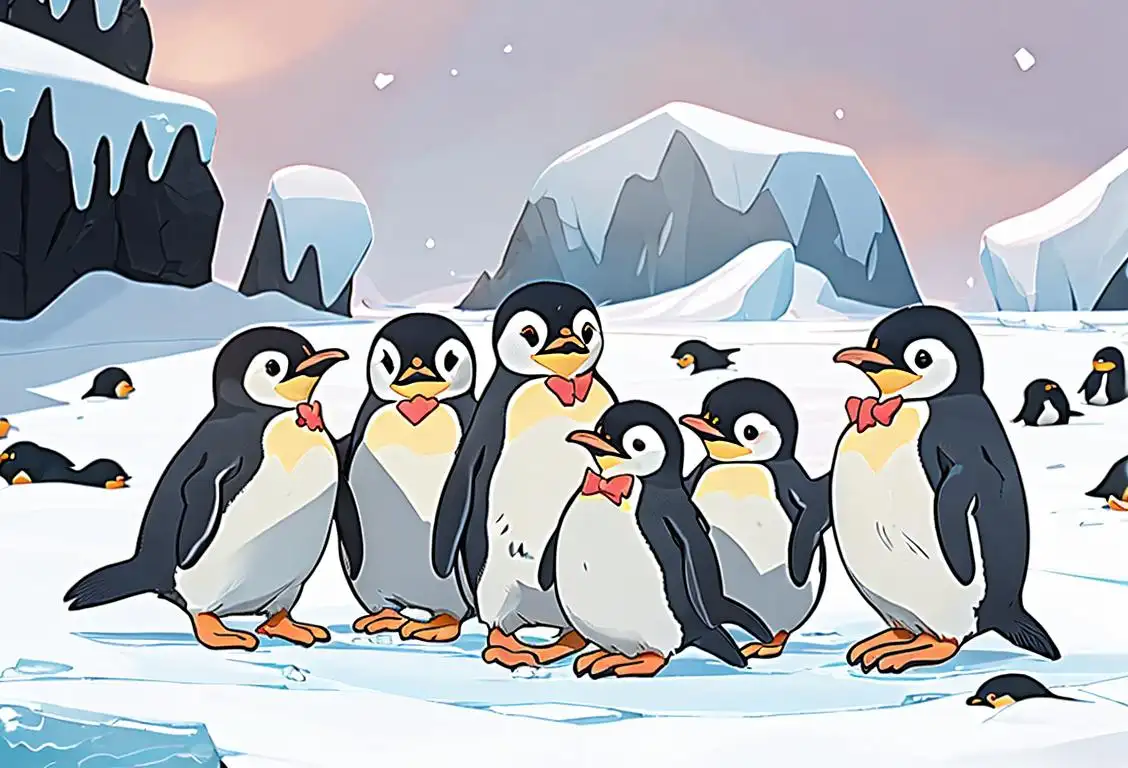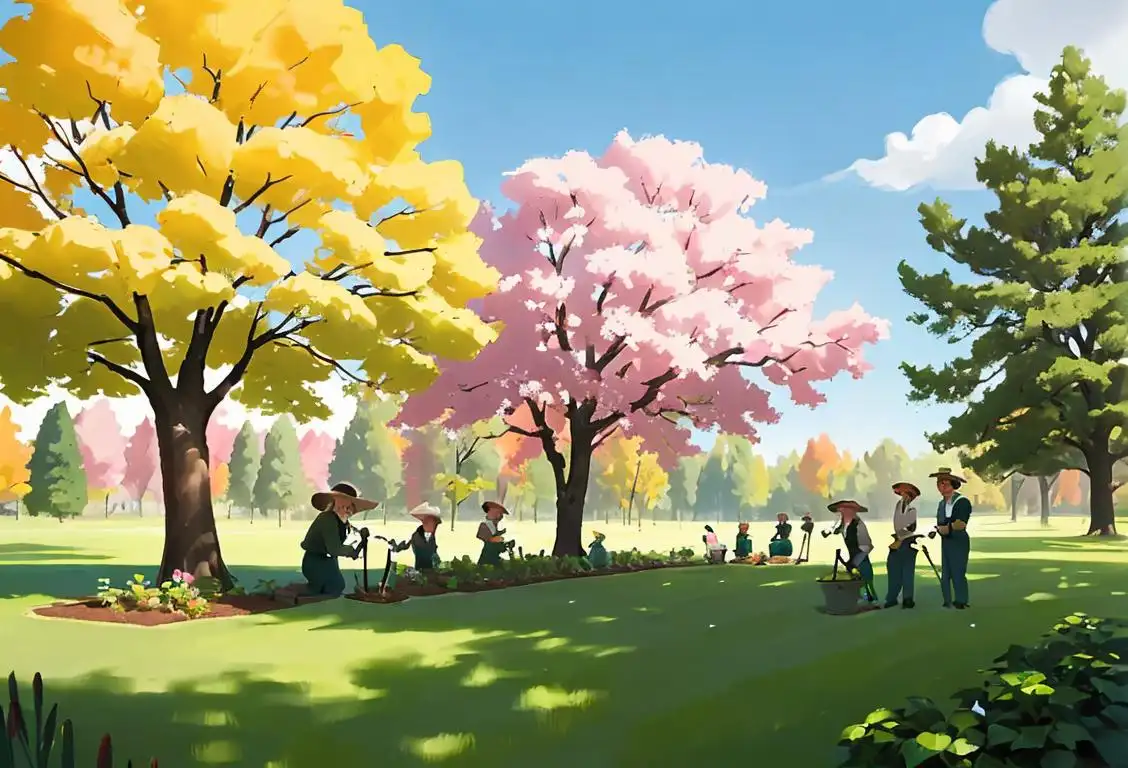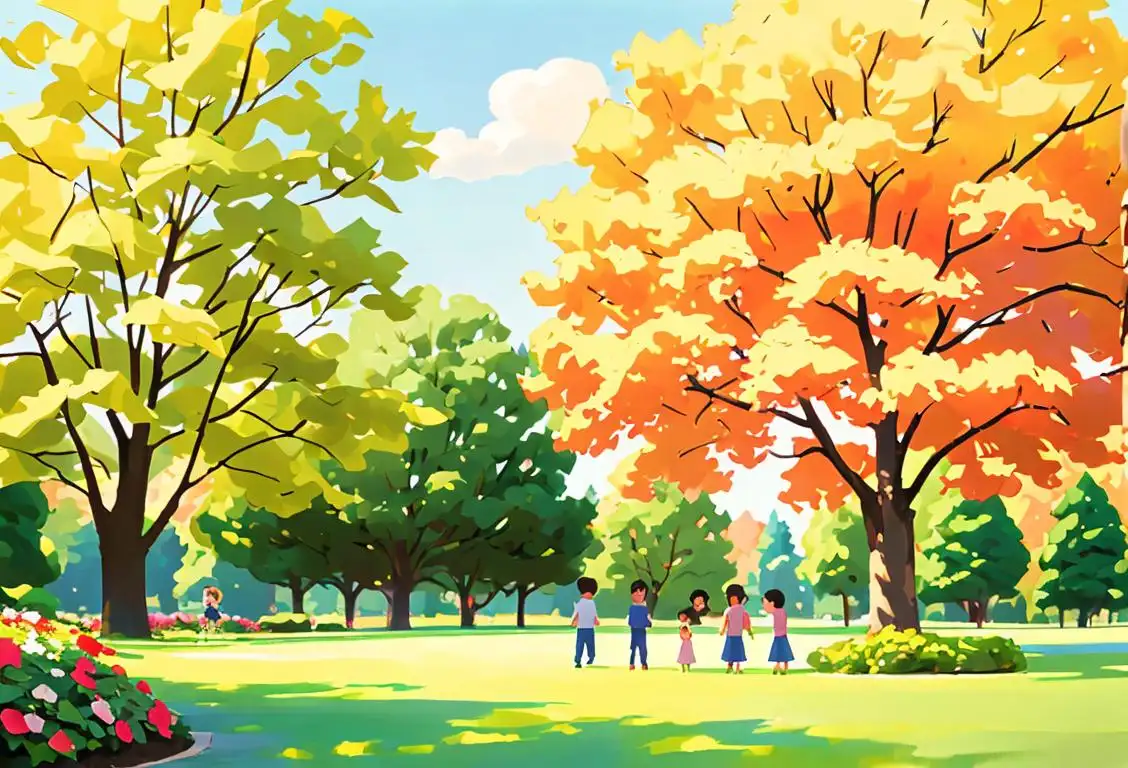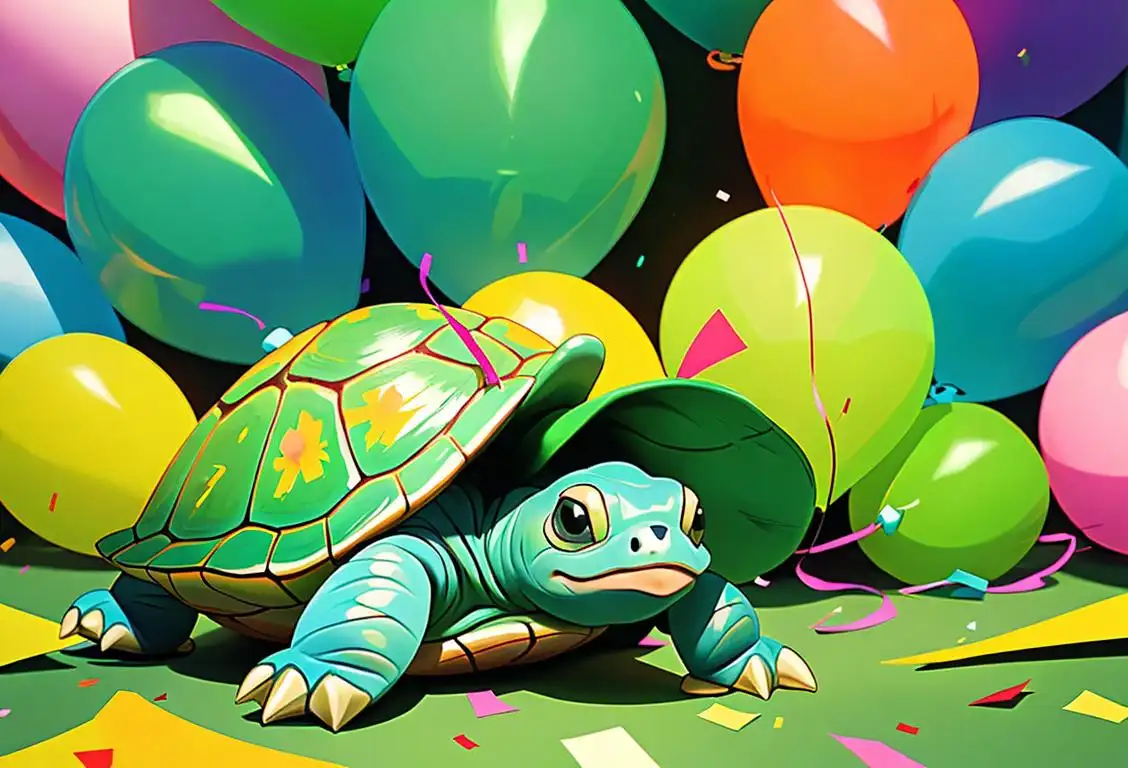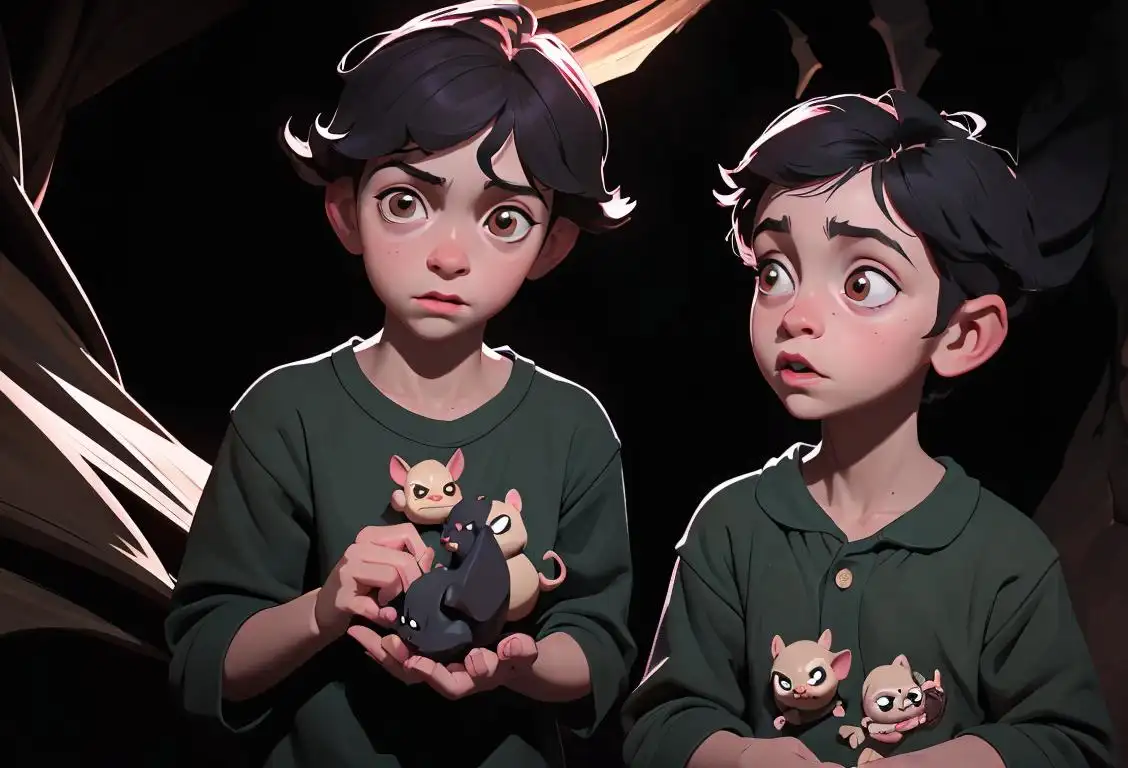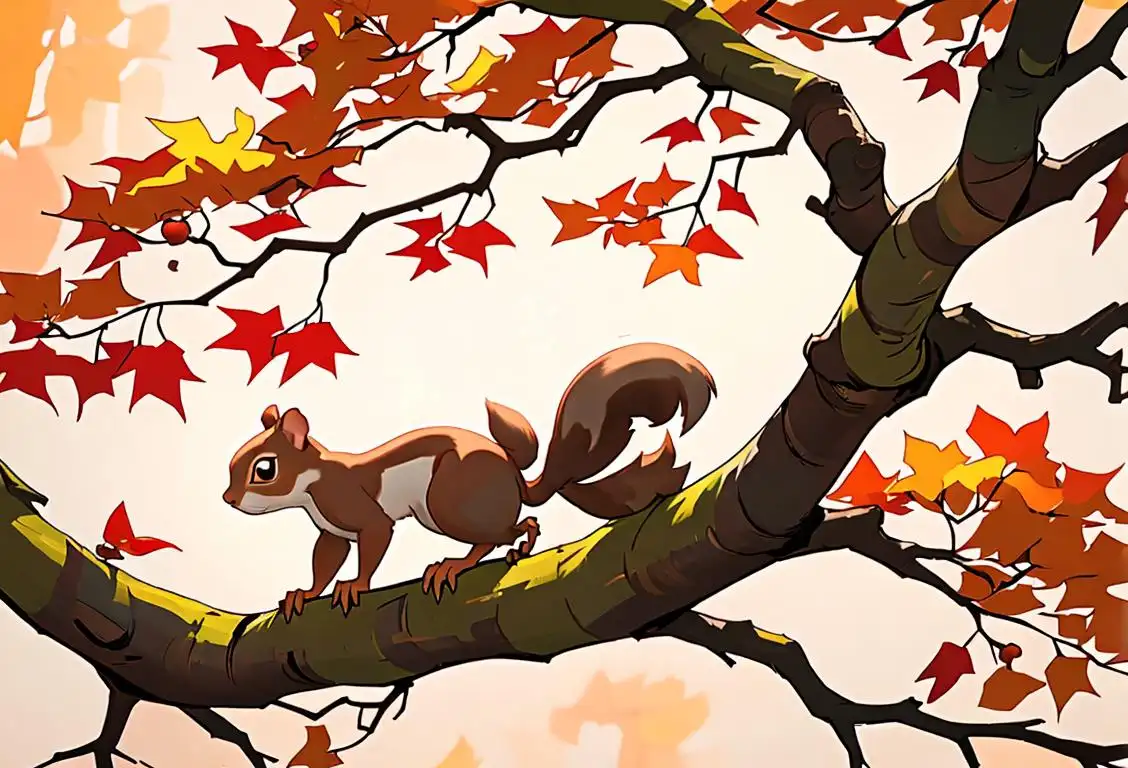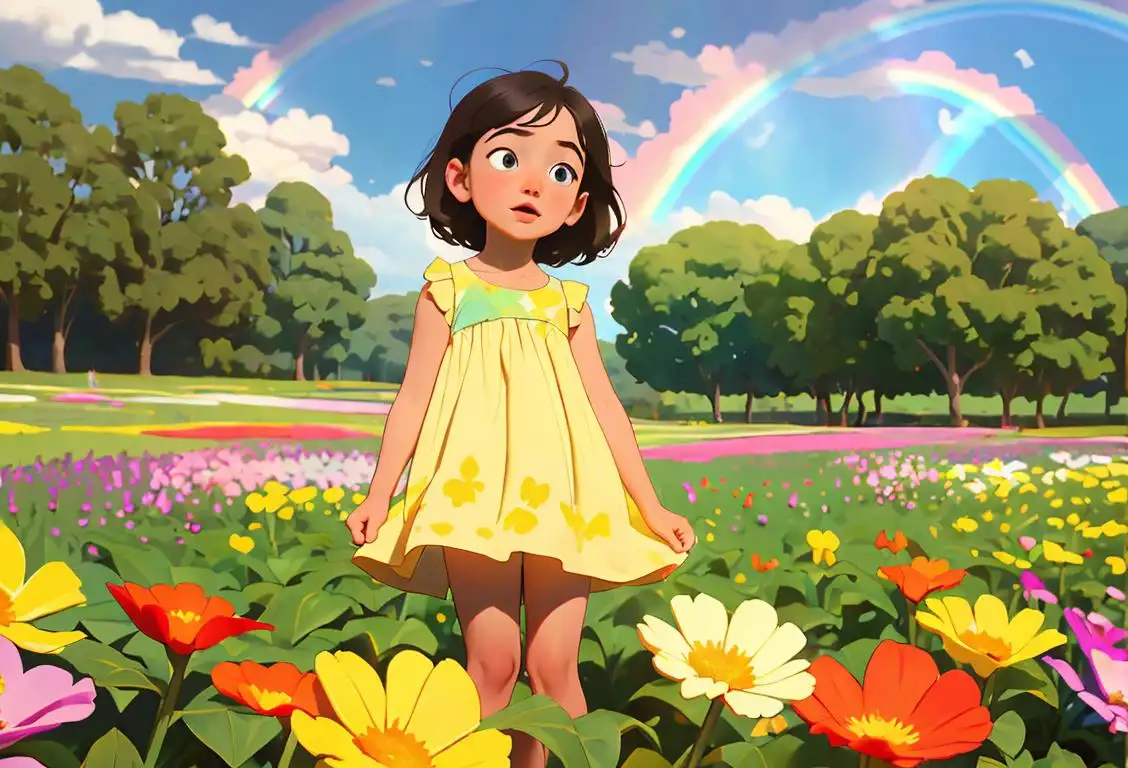National Butterfly And Hummingbird Day
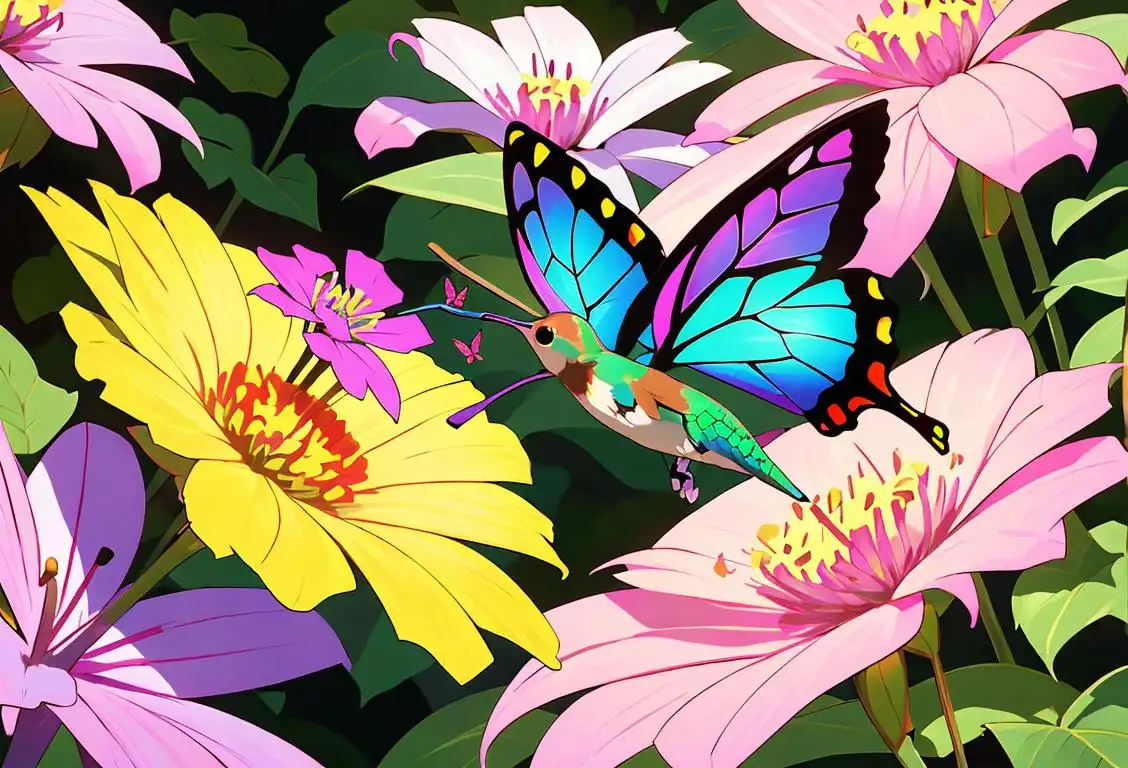
Welcome to the enchanting world of National Butterfly and Hummingbird Day! Get ready to be surrounded by vibrant colors and graceful winged creatures as we celebrate these beautiful and delicate beings. It's a day full of awe, wonder, and of course, a lot of fluttering. So let's dive in and explore all things butterfly and hummingbird!
When is Butterfly And Hummingbird Day?
It's national butterfly and hummingbird day on the 3rd October.
The Magical World of Butterflies
Butterflies are like tiny flying rainbows. These delicate creatures are nature’s very own fashion designers with their intricate patterns and vibrant colors. Did you know that there are over 17,000 species of butterflies worldwide? From the stunning Monarch butterfly, known for its monarchic reign over gardens, to the zebra longwing butterfly with its striking black and white stripes, each butterfly species is a work of art in itself.
The life cycle of a butterfly is truly awe-inspiring. It starts as an egg, hatches into a caterpillar, transforms into a chrysalis, and finally emerges as a beautiful butterfly. This metamorphosis is symbolic of growth, change, and the endless possibilities of transformation.
The Hummingbirds' Ballet
Hummingbirds, on the other hand, are like tiny helicopters that never fail to captivate our hearts. These agile aviators can hover mid-air, fly backward, and flap their wings up to 80 times per second! With their iridescent feathers and high-speed acrobatics, hummingbirds are nature's own little daredevils.
Hummingbirds have an insatiable appetite, consuming twice their weight in nectar and insects every day. They play a crucial role in pollination, ensuring the survival of countless plant species. It's like having a tiny, feathered superhero buzzing around your garden!
A Day to Celebrate Nature's Masterpieces
National Butterfly and Hummingbird Day is all about appreciating the beauty and wonder of these winged wonders. It's a day to observe their intricate dances, immerse ourselves in their vibrant habitats, and learn more about their unique characteristics and behaviors.
One way to celebrate this day is by creating butterfly and hummingbird-friendly gardens. Plant nectar-rich flowers and provide water sources for these enchanting creatures to enjoy. You can also participate in local events and educational programs that focus on butterfly and hummingbird conservation.
Fun Fact: Butterflies Taste with Their Feet!
Here's a fascinating fact to add to your collection: butterflies taste with their feet! These tiny tastebuds, located on the bottom of their legs, help them determine the taste of plants before deciding to lay their eggs. So next time you see a butterfly delicately landing on a flower, remember that it's doing a little taste test before making a decision!
History behind the term 'Butterfly And Hummingbird'
1682
The Origin of the Term 'Butterfly'
The term 'butterfly' originates from the Old English word 'buttorfleoge,' which translates to 'butter's fly.' This name was likely chosen because butterflies were often seen fluttering around butter churns, attracted by the sweetness of the liquid. The name 'butterfly' eventually replaced the Old English term 'butterfloege' by the 14th century.
1877
The First Recorded Use of 'Hummingbird'
The term 'hummingbird' was first recorded in 1877. It is derived from the humming sound produced by the rapid wingbeats of these small avian creatures. The word 'hummingbird' accurately describes the unique airborne display of these birds, as they hover and move swiftly from flower to flower in search of nectar.
Did you know?
Fun Fact: Butterflies taste with their feet!Tagged
awareness fun natureFirst identified
3rd October 2015Most mentioned on
3rd October 2019Total mentions
137Other days
Penguin Day
Tree Planting Day
Arbor Day
Take A Walk In The Park Day
Turtle Day
Badger Day
Public Lands Day
Bat Appreciation Day
Squirrel Appreciation Day
Find A Rainbow Day
